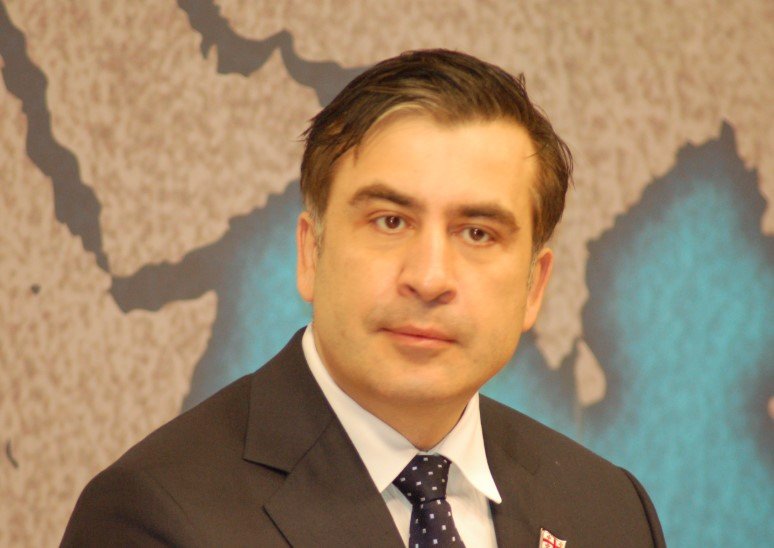A Georgian court has added four-and-a-half more years to the prison sentence of former President Mikheil Saakashvili, marking another chapter in the turbulent saga of the controversial leader. Already serving time for embezzlement and abuse of power, Saakashvili now faces a total of more than 12 years behind bars — a sentence he denounces as “illegal” and “unjust.”
A President Turned Prisoner
Saakashvili’s journey from celebrated reformer to imprisoned dissident is a political rollercoaster unlike many others. Once hailed for pulling Georgia out of post-Soviet stagnation, his legacy is now overshadowed by courtroom drama and accusations of corruption.
The latest sentence stems from his illegal entry into Georgia in 2021. He returned from exile by reportedly sneaking in on a ferry from Ukraine — a daring, if bizarre, comeback that led to his swift arrest. His lawyer confirmed Monday’s ruling, adding another legal blow to an already lengthy list of charges.
Saakashvili remains defiant. In a video message from the hospital where he’s being held, he declared, “No matter what, I will fight to the end.” The black shirt he wore, emblazoned with the words “I’m Ukrainian,” drove home his enduring ties to Kyiv.

Political Battlefield or Justice?
Rights groups have repeatedly called his imprisonment politically driven. Saakashvili’s open opposition to the ruling Georgian Dream party — which leans towards Moscow — has fueled accusations that his legal troubles are more about silencing a critic than delivering justice.
- His Western-leaning policies as president clashed with Georgian Dream’s push for warmer ties with Russia.
- Saakashvili has claimed his sentencing is meant as a message to Ukraine’s President Volodymyr Zelensky, warning him against defying Russia.
- Zelensky himself has blasted Saakashvili’s treatment, accusing Russia of orchestrating his suffering through Georgian authorities.
Saakashvili’s supporters argue that the trials were flawed, pointing to the timing of the charges and the speed of his arrest after returning to Georgia.
From Reformist to Renegade
Saakashvili’s career reads like a political thriller. After leading Georgia from 2004 to 2013, he moved to Ukraine, where he was granted citizenship and appointed governor of Odesa in 2015. His relationship with Ukrainian authorities soured, leading to his citizenship being revoked in 2017 — only for it to be reinstated by President Zelensky two years later.
His return to Georgia wasn’t just a political move; it was a gamble. He called for mass protests against the government, banking on his still-loyal base to turn the tide. Instead, he was arrested within hours.
The former president’s health has since deteriorated, with his gaunt appearance in court last year sparking concerns. Saakashvili insists his condition is the result of mistreatment — a charge Georgian authorities deny.
What’s Next for Saakashvili — and Georgia?
Saakashvili’s imprisonment isn’t just about one man. It’s a reflection of Georgia’s deep political divisions and the tug-of-war between pro-Western and pro-Russian forces in the region.
Will his latest sentence spark new protests? Could international pressure force Georgia to release him? And how long can Saakashvili hold on?
